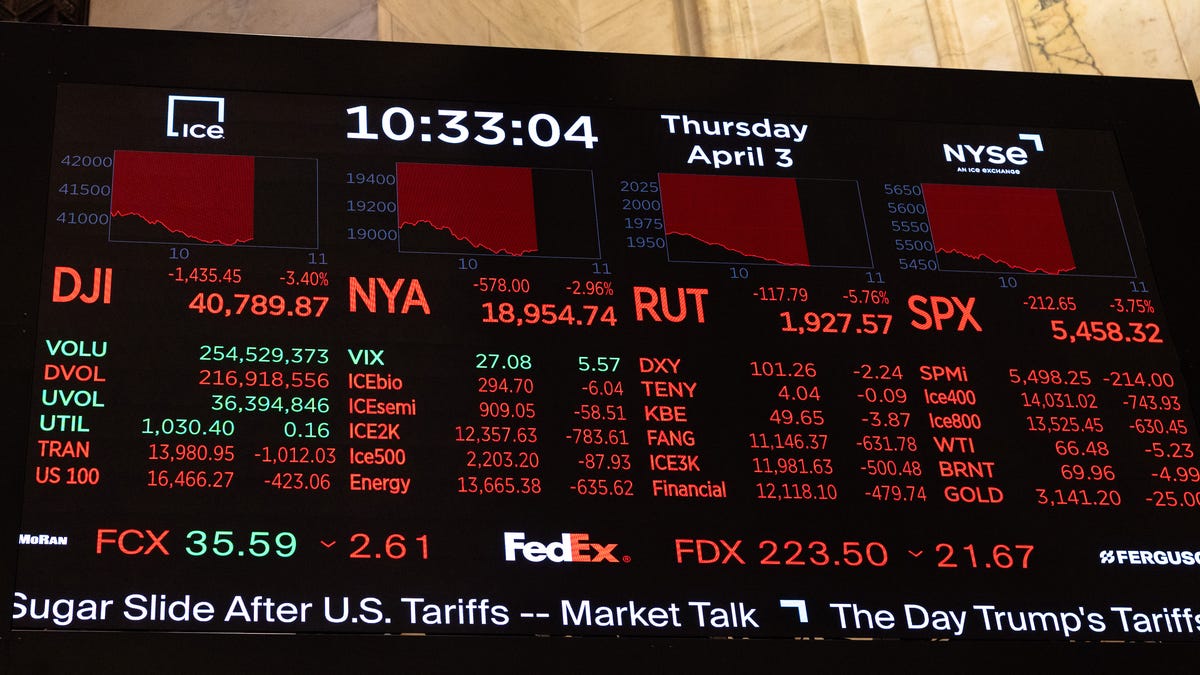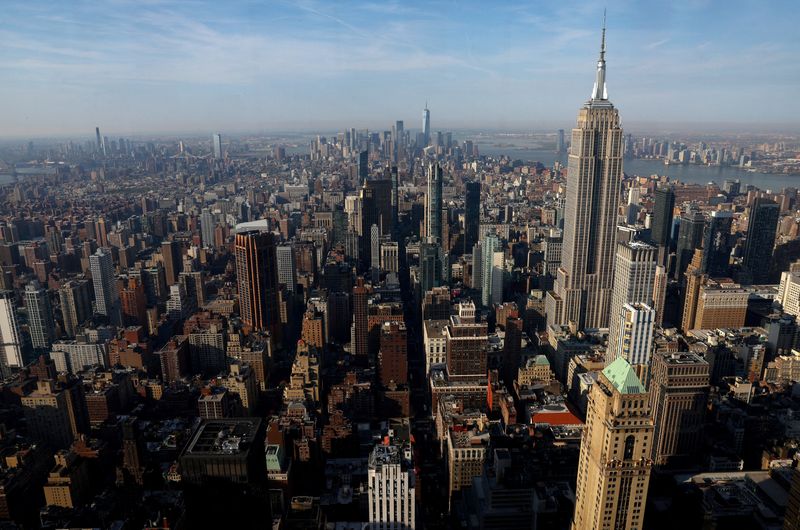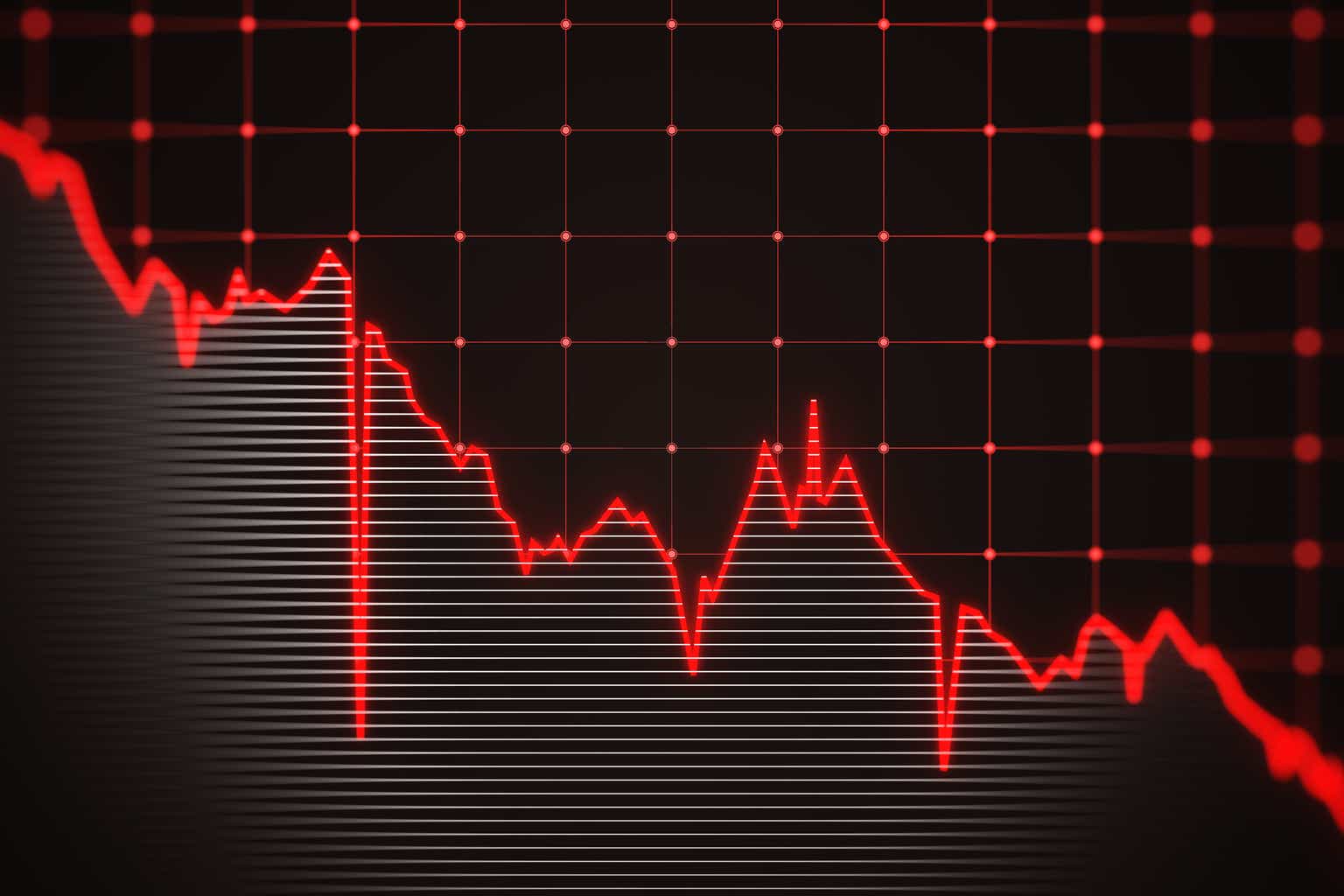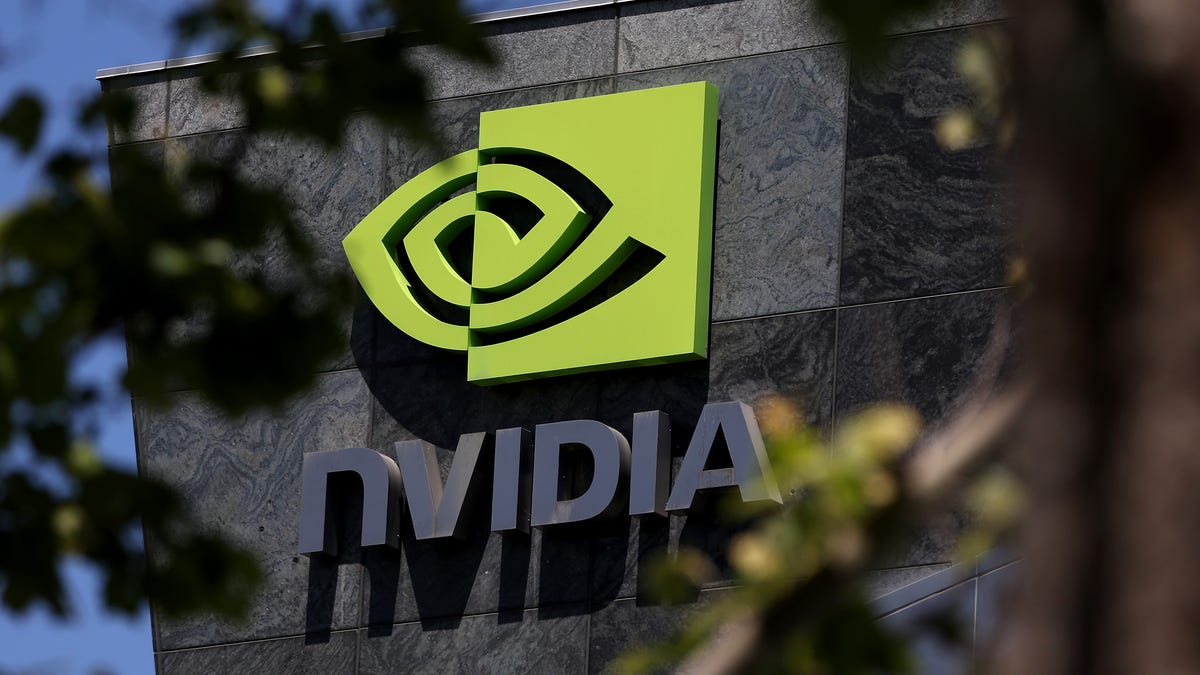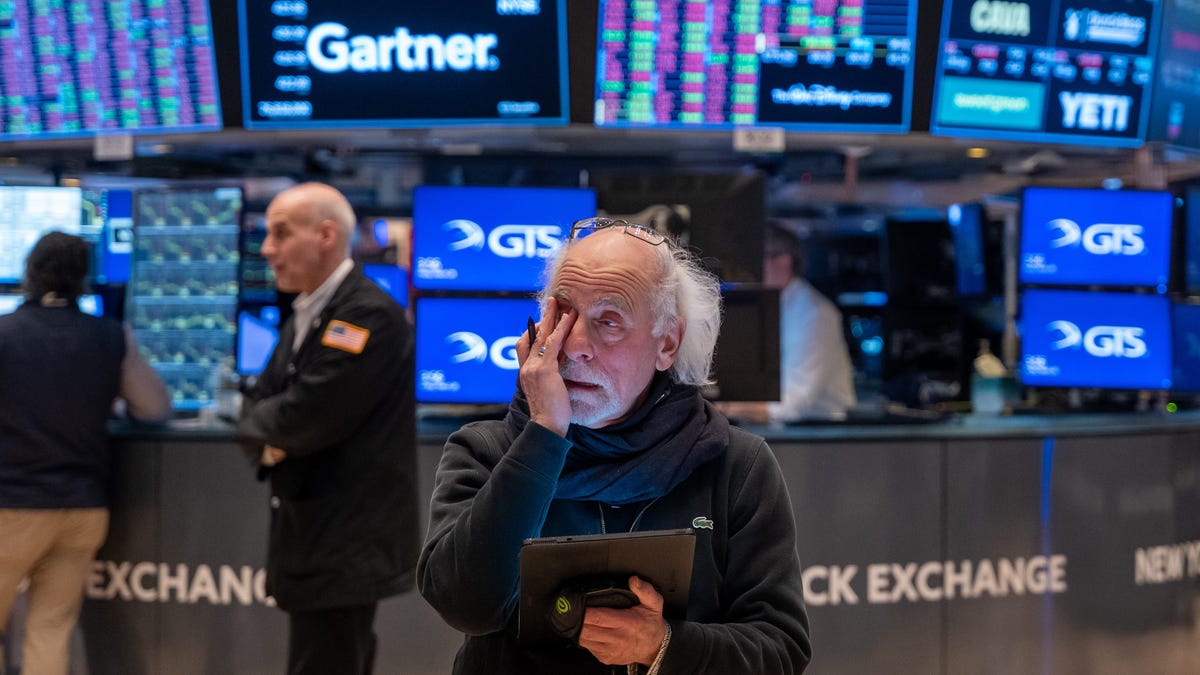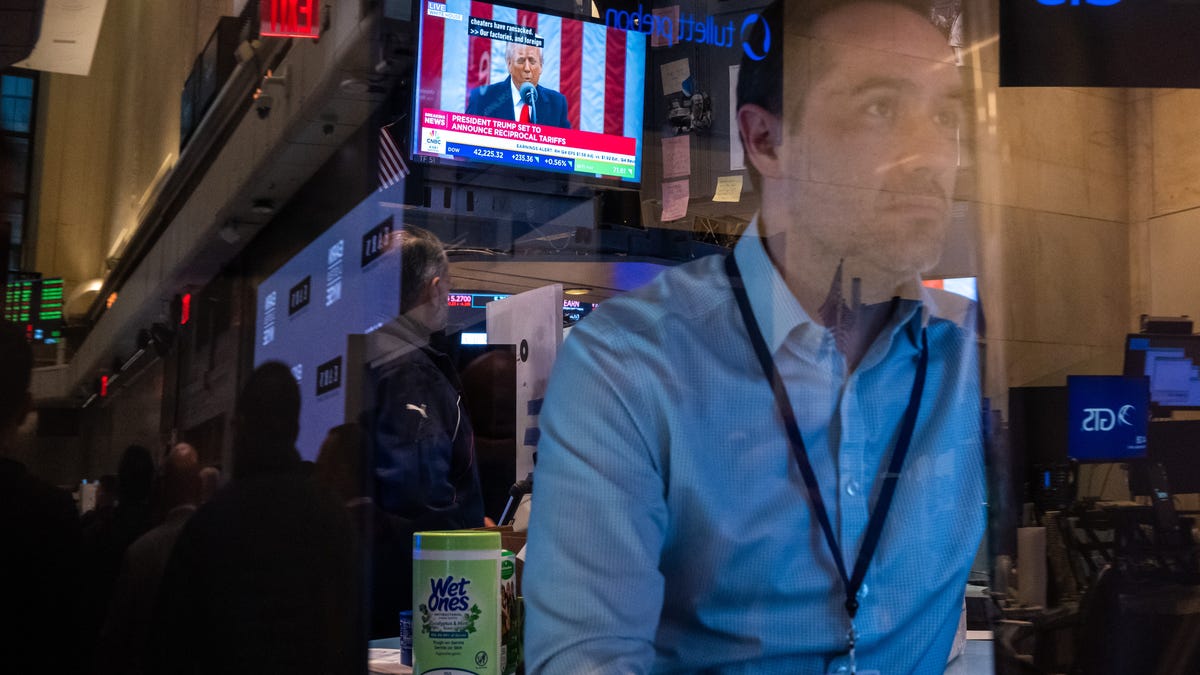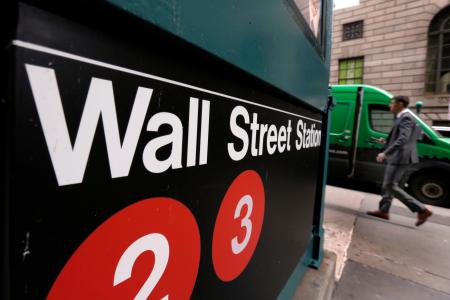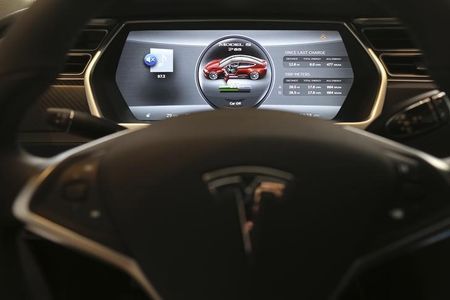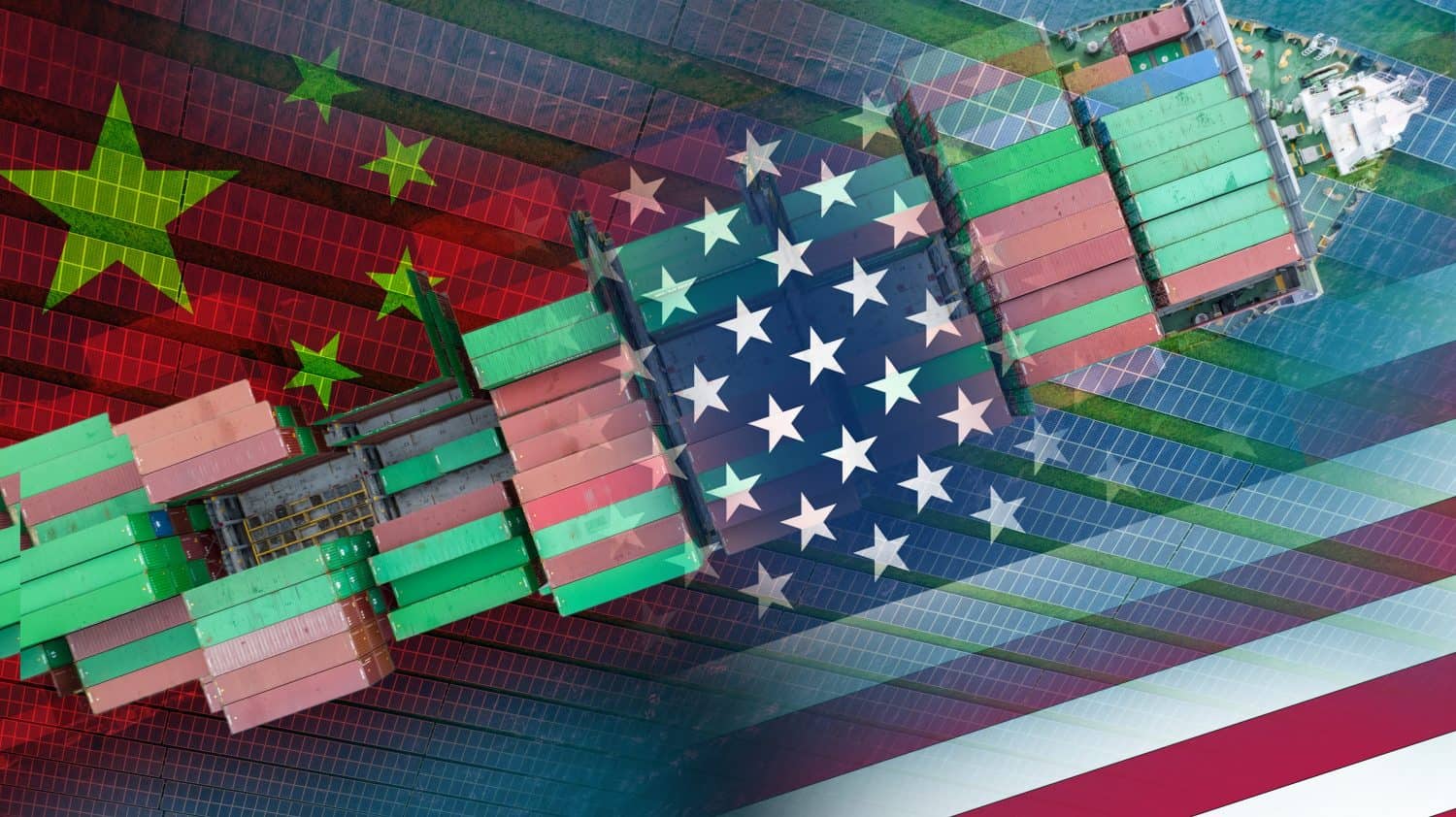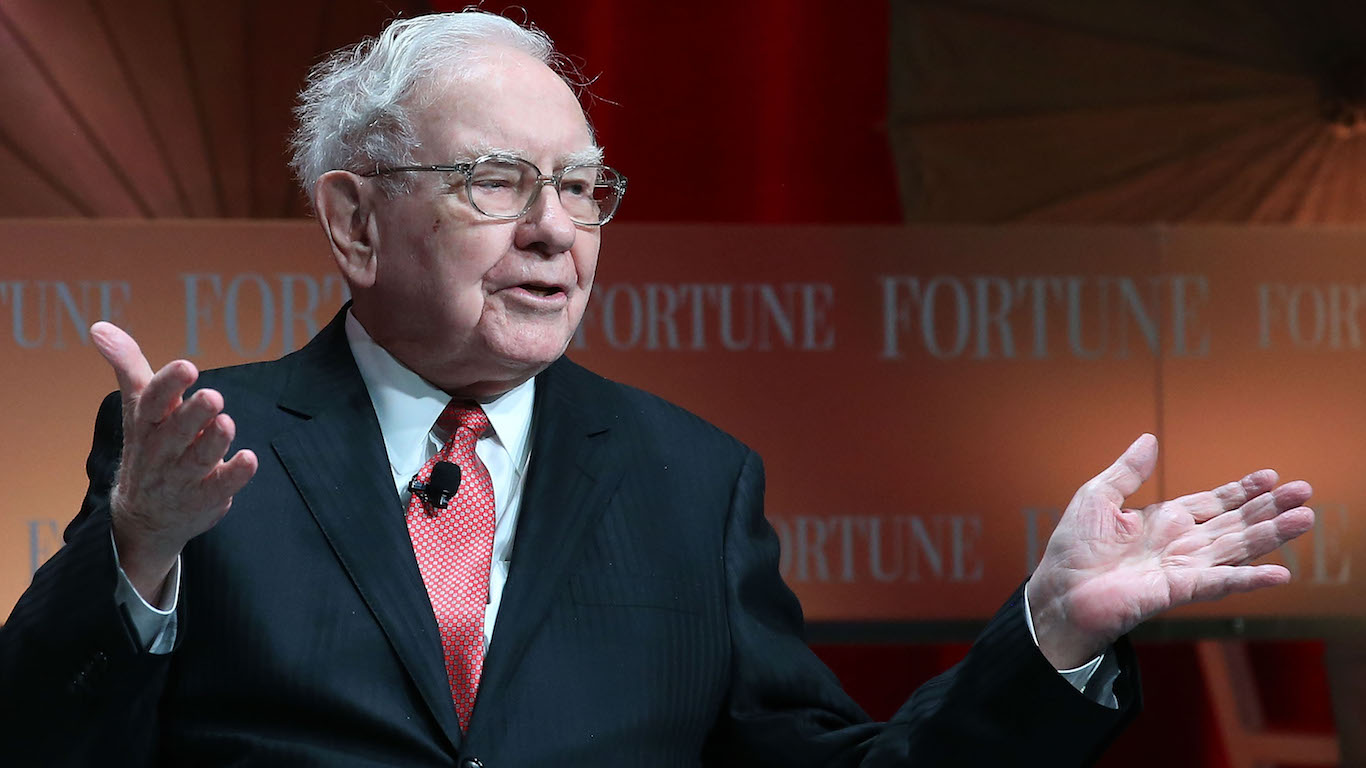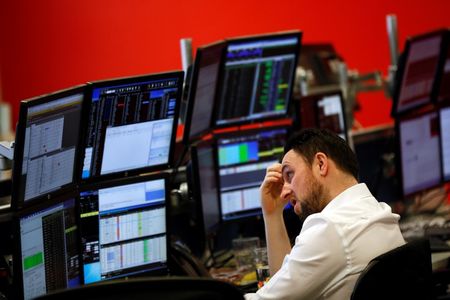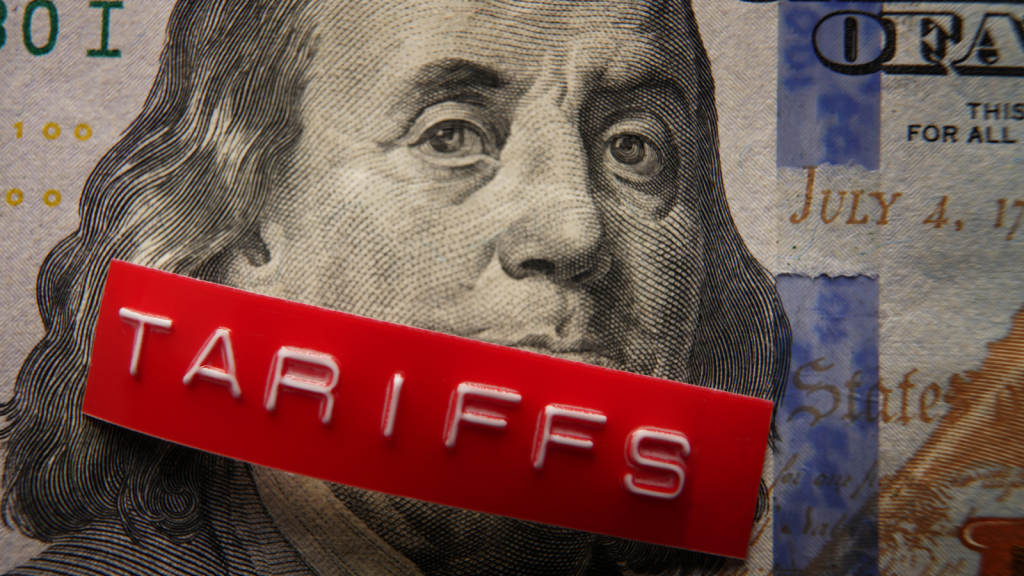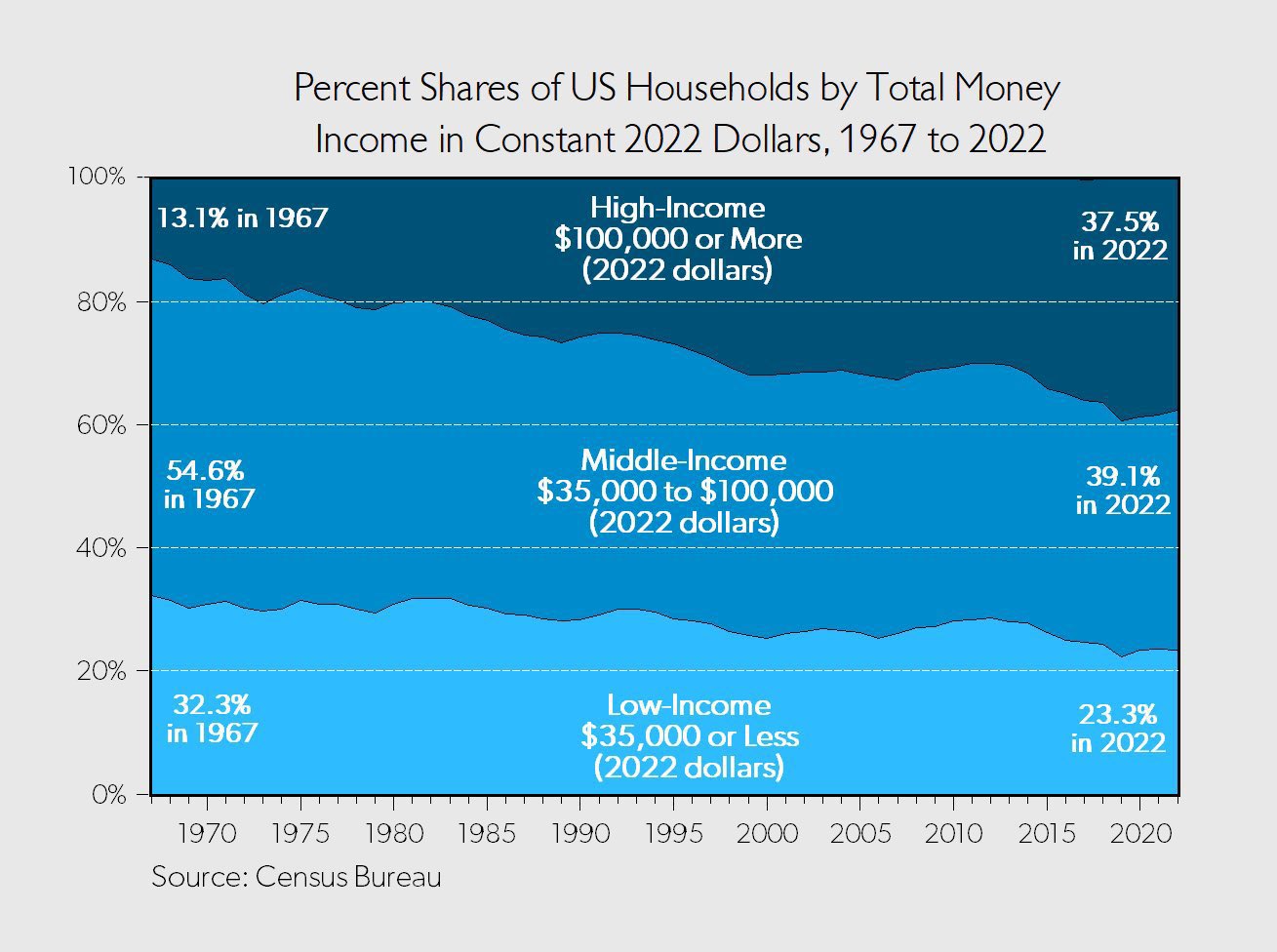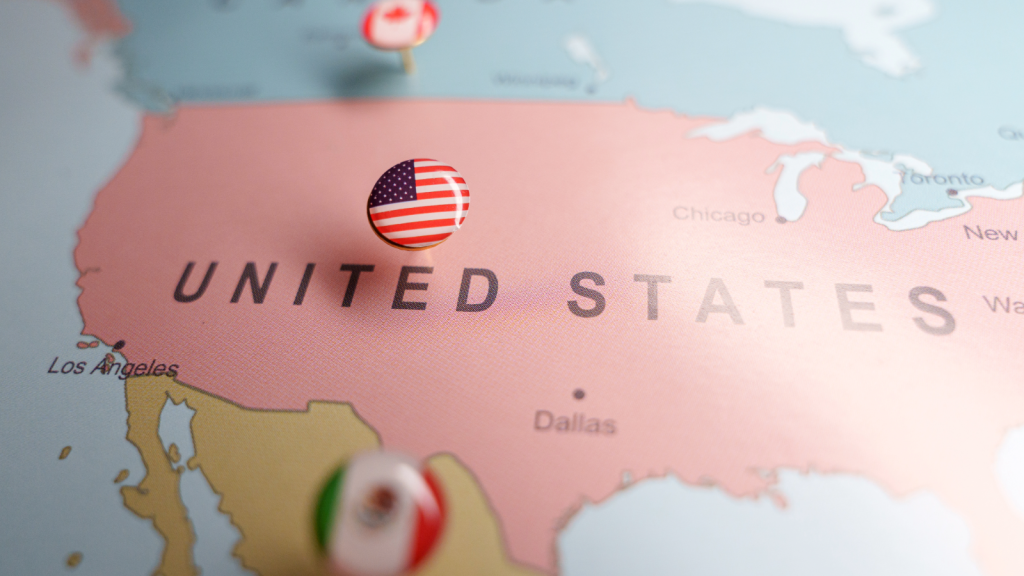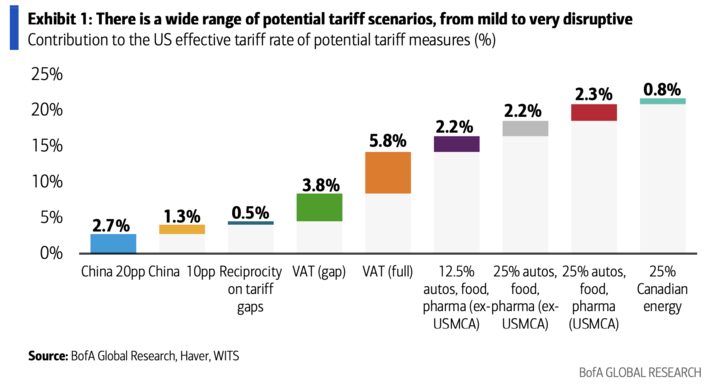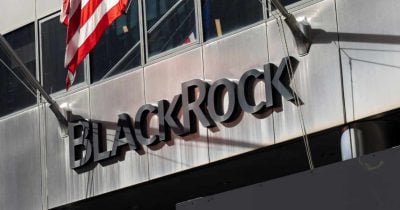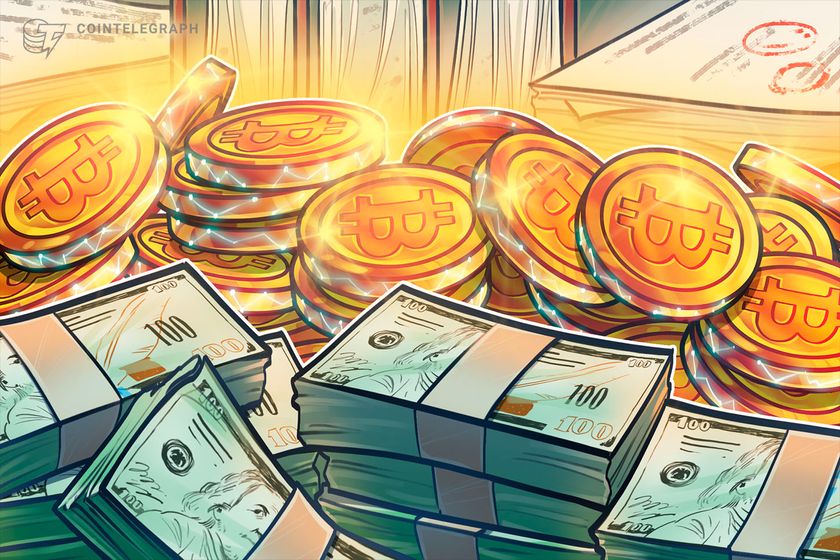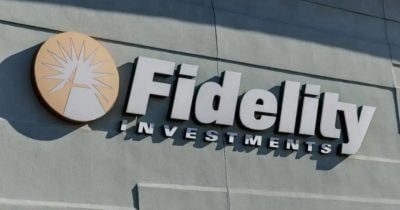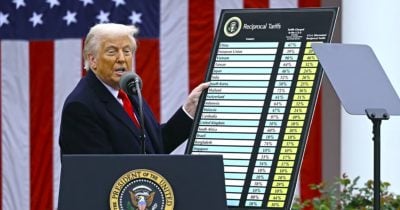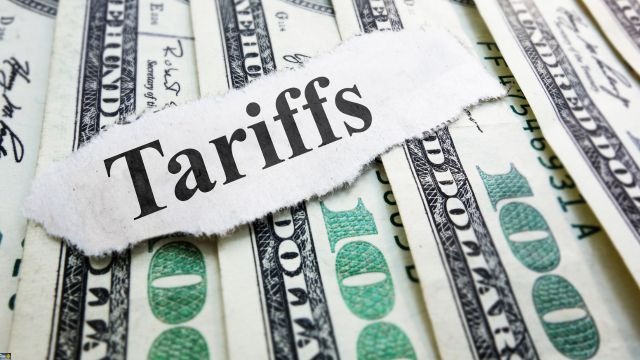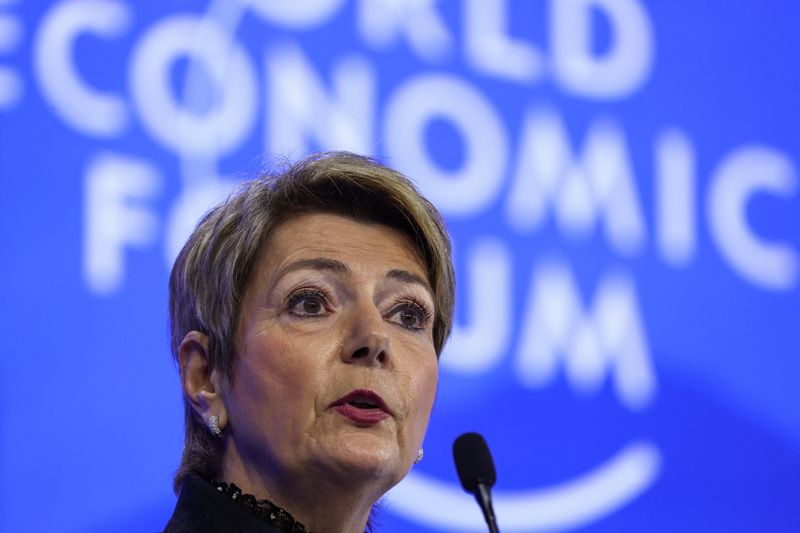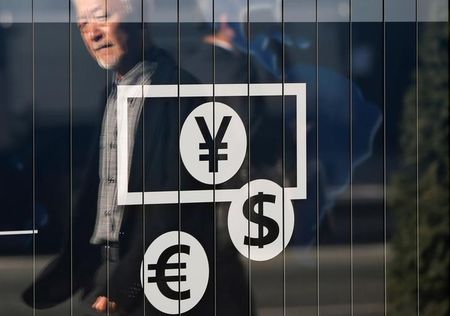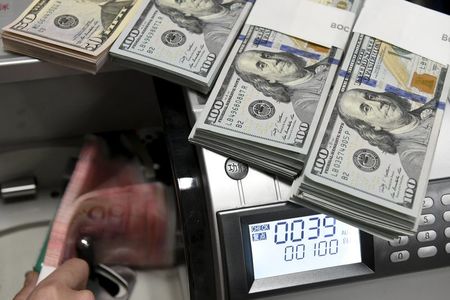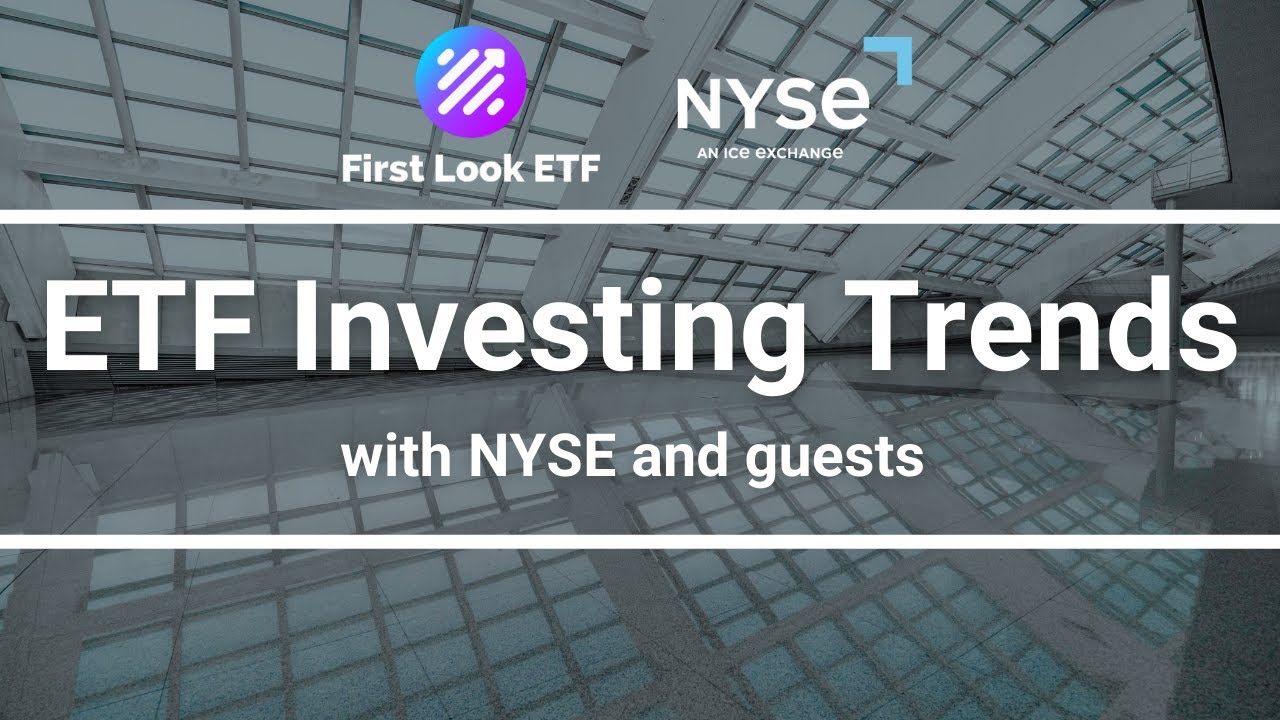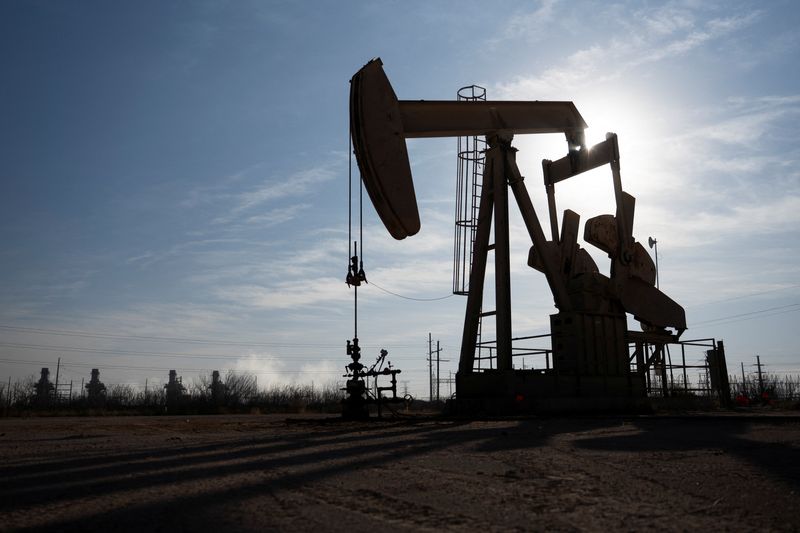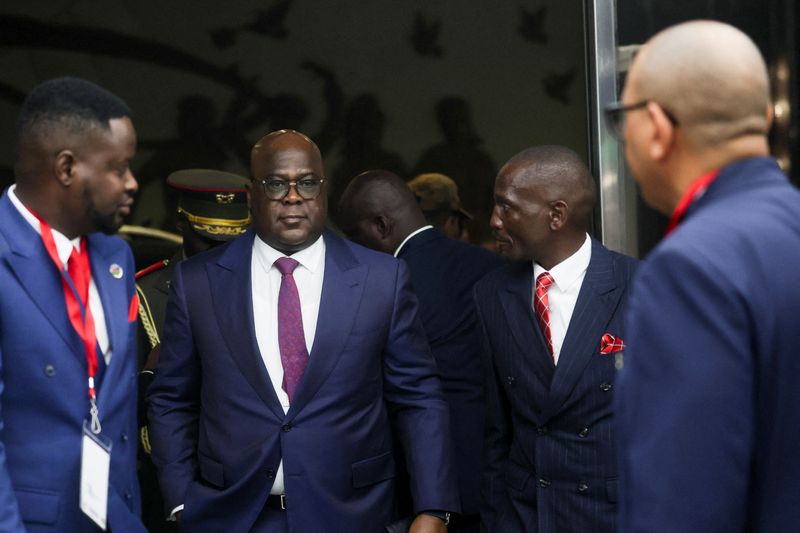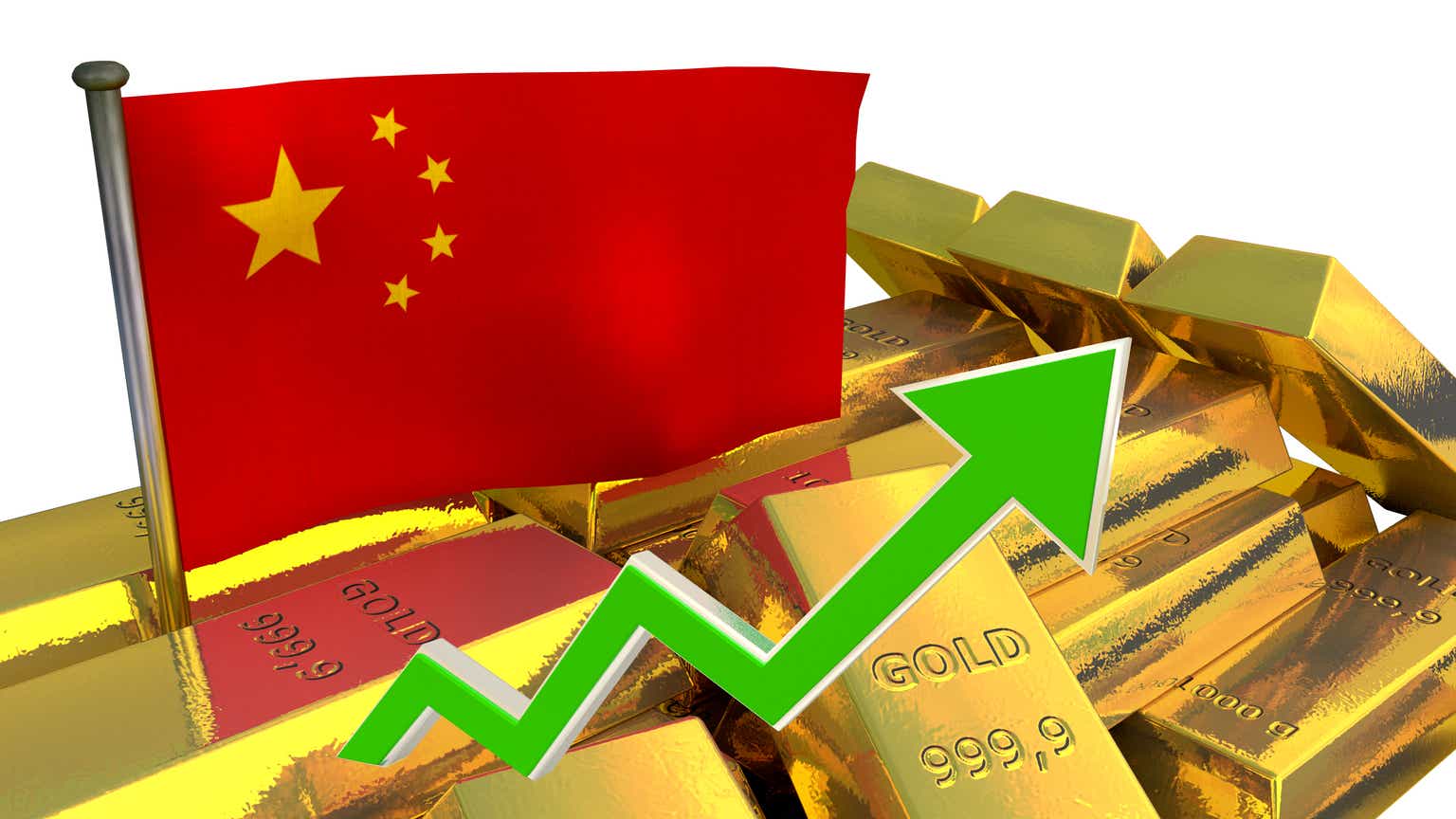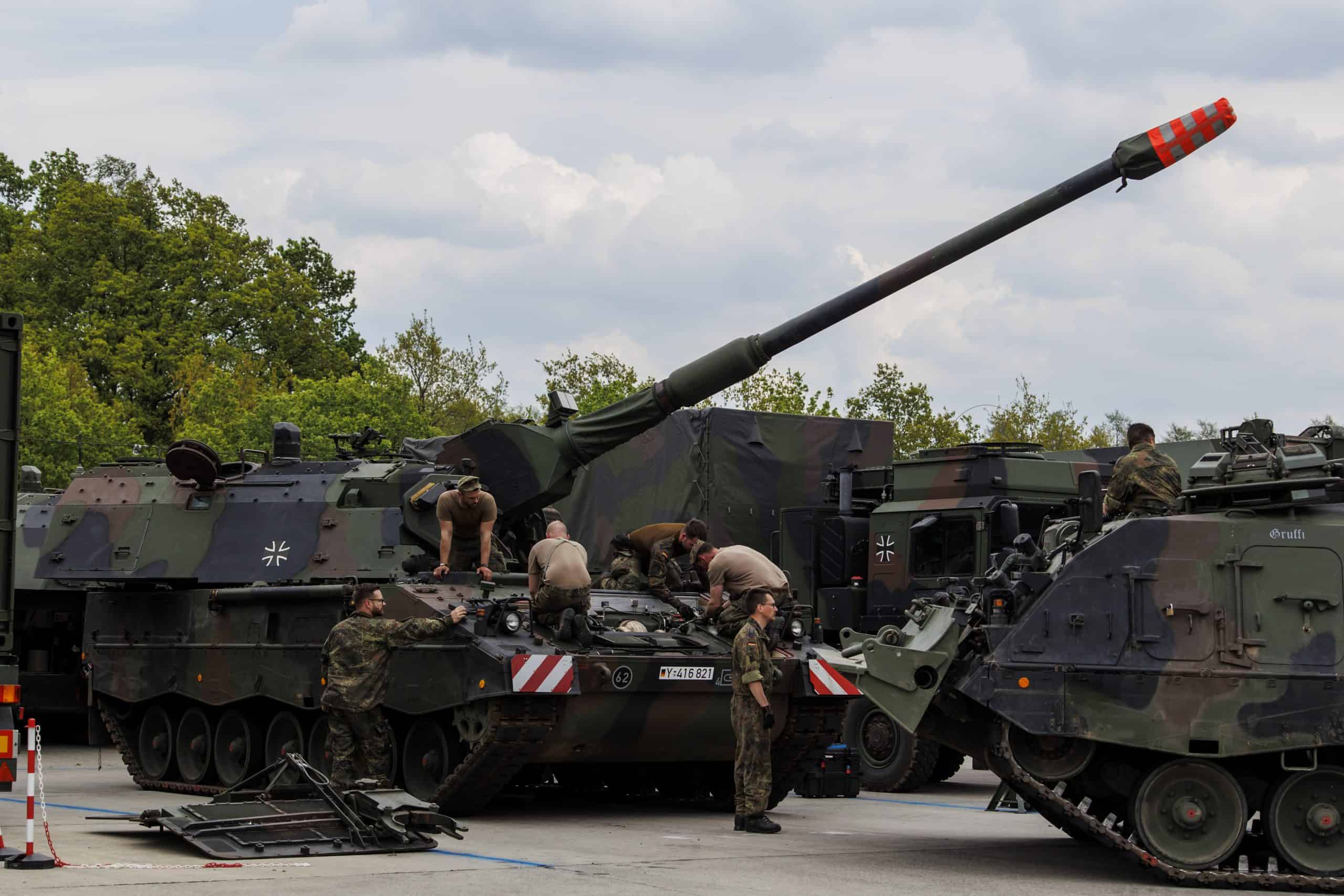3 Global Infrastructure ETFs Set to Ride the Post-Pandemic Buildout
Infrastructure is a crucial foundation for any kind of society attempting to expand beyond a handful of individual, nearby homesteads in order to form a community. The ability to share in the use of utilities like water and electricity, the ability to navigate and travel to and from other locations without natural or man made […] The post 3 Global Infrastructure ETFs Set to Ride the Post-Pandemic Buildout appeared first on 24/7 Wall St..
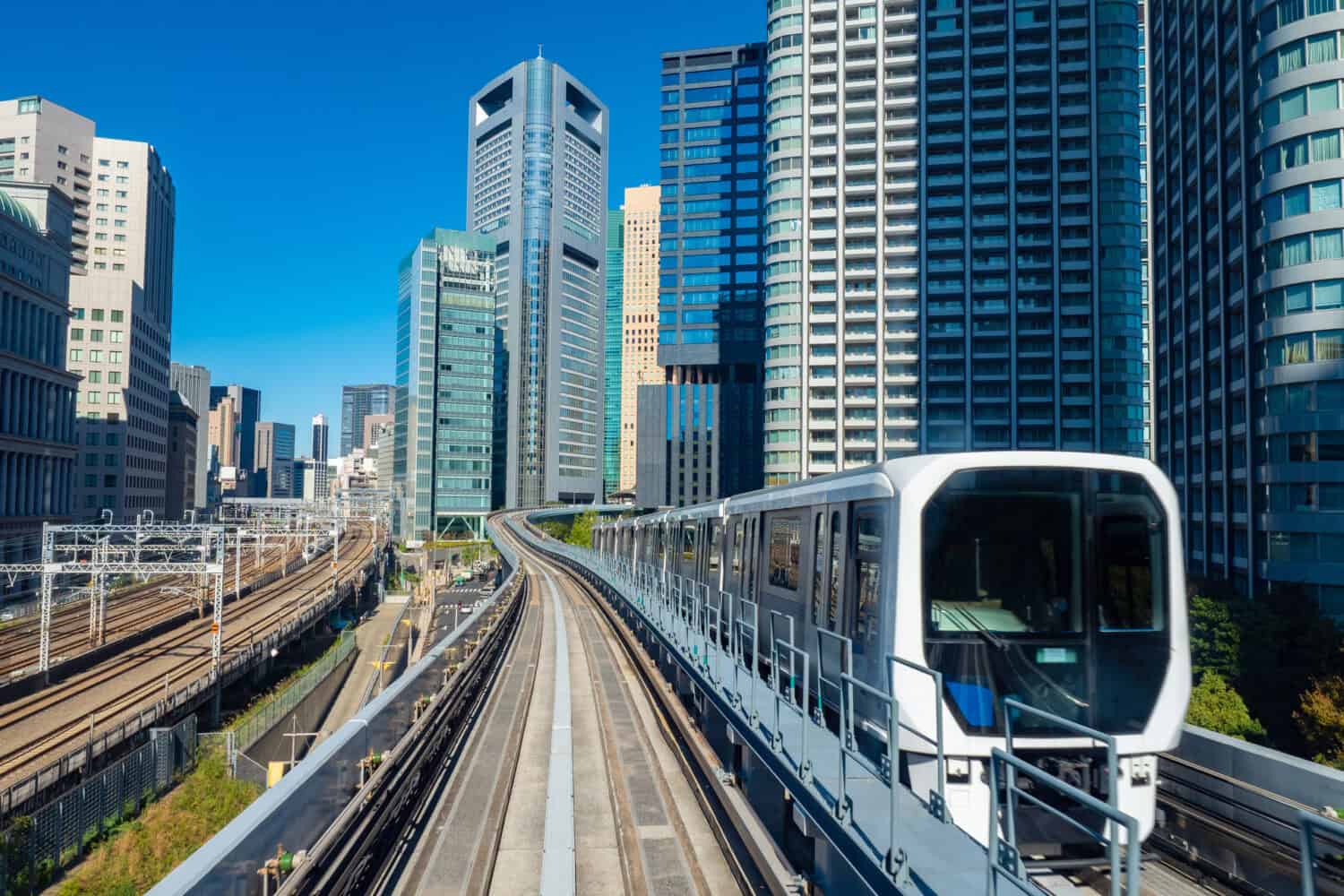
Infrastructure is a crucial foundation for any kind of society attempting to expand beyond a handful of individual, nearby homesteads in order to form a community. The ability to share in the use of utilities like water and electricity, the ability to navigate and travel to and from other locations without natural or man made obstructions, and a litany of other functions are all hallmarks of societies. The degree of scope and size of physical and organizational structures for the expedition of these operations defines villages, towns, cities, provinces, and nations.
The devastation wrought by Hurricane Helene in NC, the Maui fires in HI, and the forest fires in Los Angeles resulted in major infrastructure collapse and disruption. The resulting lack of facilities, supplies, and services resulted in widespread death, injury, and financial ruin.
Unfortunately, both natural disasters and man-made wars wreak the same havoc on people around the world. Earthquakes, Volcanic Eruptions, Tsunamis, and other acts of God have impacted both industrialized nations like Japan, as well as developing ones like Myanmar or Congo. Rebuilding Iraq after the war has still yet to be completed, and Ukraine’s recovery cannot even begin until hostilities officially end.
Key Points
-
The personal, physical, financial, communications, and transportation disruptions that become manifest due to catastrophes like Hurricane Helene, the Los Angeles and Maui fires, or the Ukraine War all result from the collapse of infrastructure and its services.
-
Earthquakes, Tsunamis, Volcanic Eruptions, and many other disasters throughout the world have left their own respective urgent infrastructure replacement and repair needs.
-
Global Infrastructure ETFs track non-US infrastructure company growth, which is significant as other nations’ economies grow.
-
Are you ahead, or behind on retirement? SmartAsset’s free tool can match you with a financial advisor in minutes to help you answer that today. Each advisor has been carefully vetted, and must act in your best interests. Don’t waste another minute; get started by clicking here here.(Sponsor)
Global Infrastructure For Investment
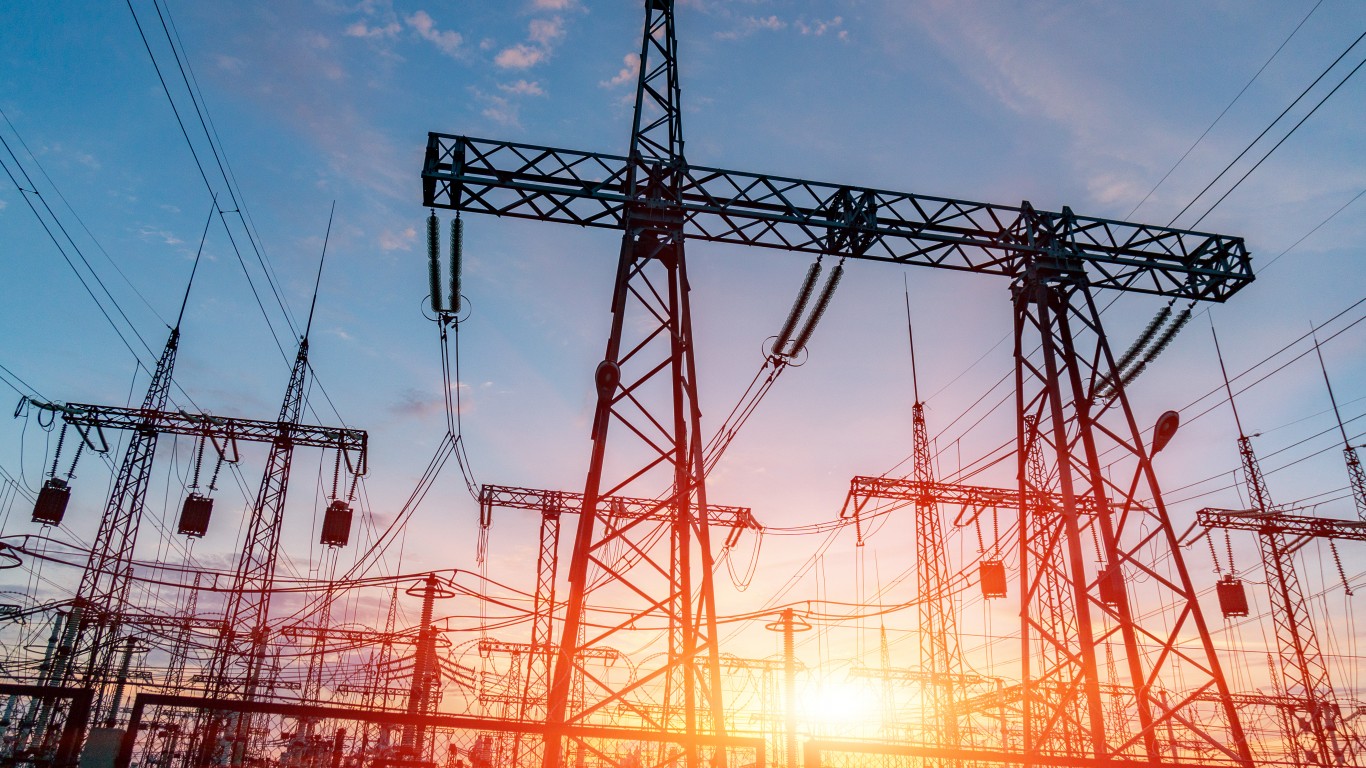
While replacement and restoration of destroyed or damaged infrastructure in other nations are an omnipresent need, the sector has another strong growth component: The positive economic shifts in emerging nations require commensurate infrastructure upgrades to continue to expand. Some of the primary category areas where infrastructure work is intensifying include:
- Telecommunications (both wireless and wired)
- Water Distribution
- Sanitation
- Electricity
- Oil and Gas distribution
- Transportation (Surface, Maritime, and Air)
- Pipelines
Sovereign nations have a vested interest in their domestic infrastructure upkeep and improvement. Some of these underlying reasons can range from financial to commercial to military. For example:
- Roads that have been cleared make for better ease of inland transportation of trucked goods and for intercity travel. However, it also allows for quicker military transport and defense, for troops and armored vehicles to get from point A to point B.
- Water pipelines can modernize water distribution and waste disposal for better hygiene and health maintenance. Oil and gas pipelines likewise facilitate more efficient energy distribution.
- WiFi towers and other modern telecommunications broadband equipment are essential for modernizing access to the internet and for smartphone communications.
Since there are indexes that track infrastructure company stocks and their respective performance, corresponding global infrastructure Exchange Traded Funds (ETF) offer investors a simple, convenient and more efficient platform from which to invest into those gains.
The following Global Infrastructure ETFs also include the US, which still generates the bulk of the work conducted by private companies.
FlexShares STOXX Global Broad Infrastructure Index Fund
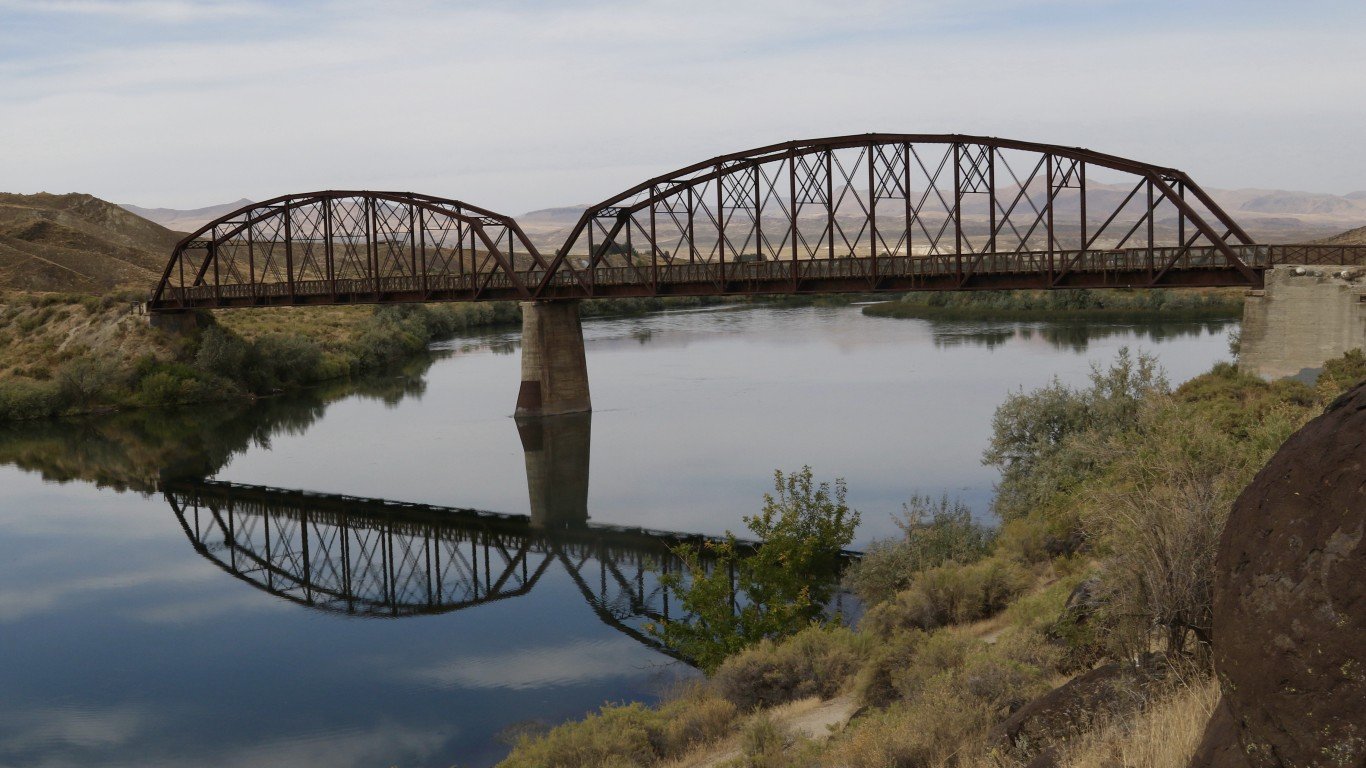
Headquartered in Chicago, IL, Northern Trust Asset Management is one of the largest US asset management firms. It reportedly had $1.3 trillion in assets as of 2023 with as much as $17 trillion in custody. It was founded in 1889, and has a broad range of financial products in addition to its other services. Its catalog of ETFs includes a global infrastructure offering.
The FlexShares STOXX Global Broad Infrastructure Index Fund (NYSE: NFRA) tracks the STOXX Global Broad Infrastructure Index. Founded in 2013, NFRA has the following aspects as of the time of this writing:
|
FlexShares STOXX Global Broad Infrastructure Index Fund |
NYSE: NFRA |
|
Total Net Assets |
$2.43 billion |
|
Dividend Yield |
3.18% |
|
Expense Ratio |
0.47% |
|
No. or Holdings |
213 |
|
1-year return |
9.73% |
|
5-year return |
5.20% |
|
10-year return |
4.85% |
|
#1 largest sub sector |
Energy – 29.90% |
|
#2 largest sub sector |
Communications – 29.53% |
|
#1 largest foreign concentration |
Canada – 13.44% |
|
#2 largest foreign concentration |
Japan – 9.28% |
The top 5 largest holdings are:
1) Deutsche Telekom AG (4.31%)
2) Canadian Pacific Kansas City Ltd. (3.67%)
3) Canadian National Railway (3.13%)
4) AT&T (2.89%)
5) Waste Connections, Inc. (2.74%)
SPDR S&P Global Infrastructure ETF

State Street has been involved in the proliferation of ETFs from early on, with its SPDR S&P 500 ETF becoming a favorite of Warren Buffett, among many others. State Street’s global infrastructure ETF is the SPDR S&P Global Infrastructure ETF (NYSE: GII). Launched in 2007, GII tracks the S&P Global Infrastructure Index.
|
SPDR S&P Global Infrastructure ETF |
NYSE: GII |
|
Total Net Assets |
$497 million |
|
Dividend Yield |
3.75% |
|
Expense Ratio |
0.40% |
|
No. or Holdings |
76 |
|
1-year return |
20.71% |
|
5-year return |
6.56% |
|
10-year return |
5.47% |
|
#1 largest sub sector |
Utilities – 38.59% |
|
#2 largest sub sector |
Industrials – 38.52% |
|
#1 largest foreign concentration |
Canada – 8.81% |
|
#2 largest foreign concentration |
Spain – 8.41% |
The Top 5 largest holdings are:
1) Aena SME SA (5.23%)
2) Enbridge, Inc (4.51%)
3) Transurban Group (4.36%)
4) NextEra Energy, Inc. (4.13%)
5) Grupo Aeroportuario del Pacifico ADR (3.46%)
iShares Global Infrastructure ETF
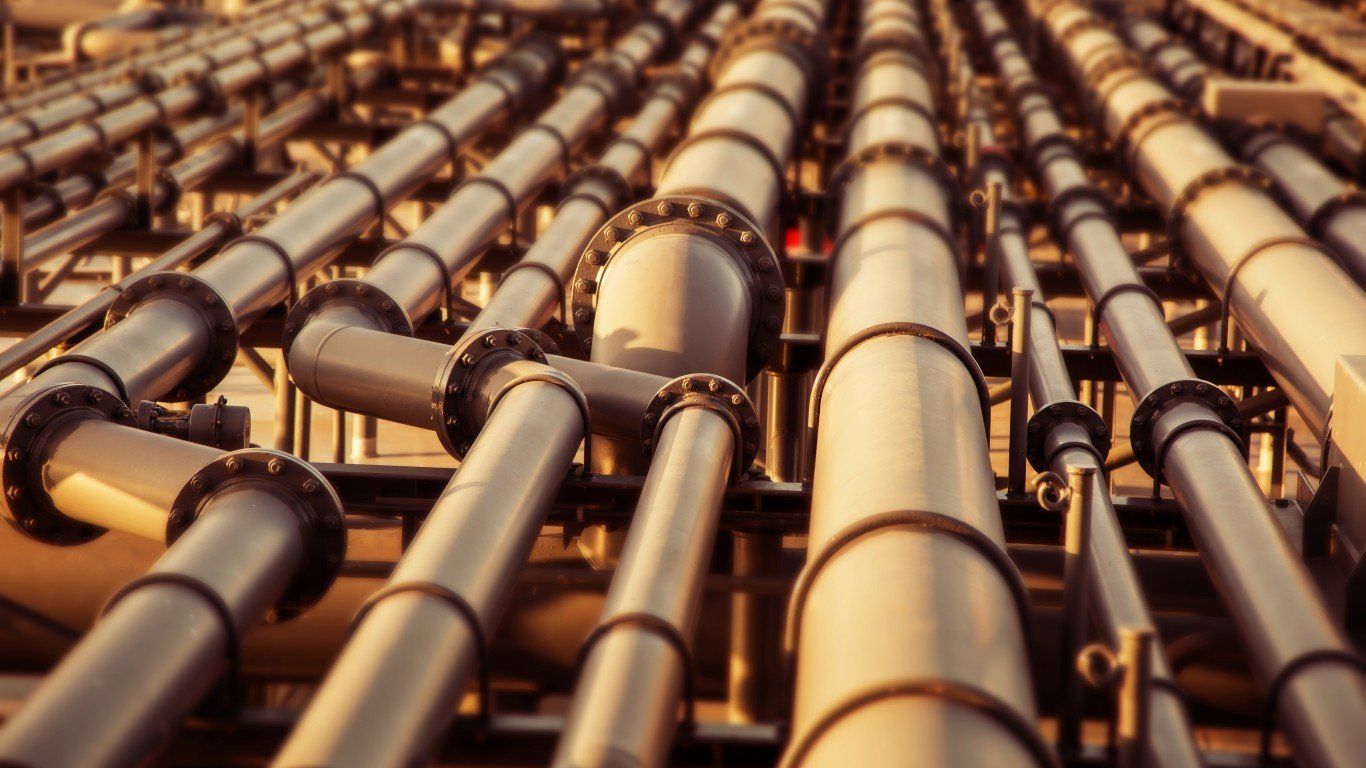
With its $11.6 trillion AUM, BlackRock is the asset management King of the Hill. Its iShares series of ETFs are held by millions of institutional and individual investors around the world. With regard to global infrastructure, BlackRock’s entry in the field is its iShares Global Infrastructure ETF (NASDAQ: IGF). IGF has an inception date of 12-10-2007, and tracks the S&P Global Index.
|
iShares Global Infrastructure ETF |
(NASDAQ: IGF) |
|
Total Net Assets |
$5.79 billion |
|
Dividend Yield |
3.15% |
|
Expense Ratio |
0.42% |
|
No. or Holdings |
112 |
|
1-year return |
20.92% |
|
5-year return |
6.92% |
|
10-year return |
5.46% |
|
#1 largest sub sector |
Utilities – 38.80% |
|
#2 largest sub sector |
Industrials – 38.29% |
|
#1 largest foreign concentration |
Canada – 8.66% |
|
#2 largest foreign concentration |
Australia – 8.24% |
The top 5 holdings are:
1) Aena SME SA (5.02%)
2) Enbridge, Inc (4.44%)
3) Transurban Group (4.37%)
4) NextEra Energy, Inc. (4.21%)
5) Grupo Aeroportuario del Pacifico ADR (3.54%)
The G20’s Global Infrastructure Outlook has tallied statistics from 56 countries and finds that overall global infrastructure demand across all subsectors stands at $94 trillion, while current investment has so far only totaled $79 trillion. There is a gap that is being filled, and other nations are closer to closing their gap than the US, whose gap is $3.8 trillion.
A case can be made with infrastructure that the more certain subsectors, like roads and communications, obtain significant upgrades, that it accelerates the implementation of other sub sectors due to the increased ease of transporting parts and material and in communication logistics.
Nations with the wherewithal to make great strides that will exponentially increase their GDP as a result include India ($526 billion gap), South Africa ($152 billion gap), Argentina ($358 billion gap), Indonesia ($70 billion gap), and Spain ($57 billion gap).
The post 3 Global Infrastructure ETFs Set to Ride the Post-Pandemic Buildout appeared first on 24/7 Wall St..
